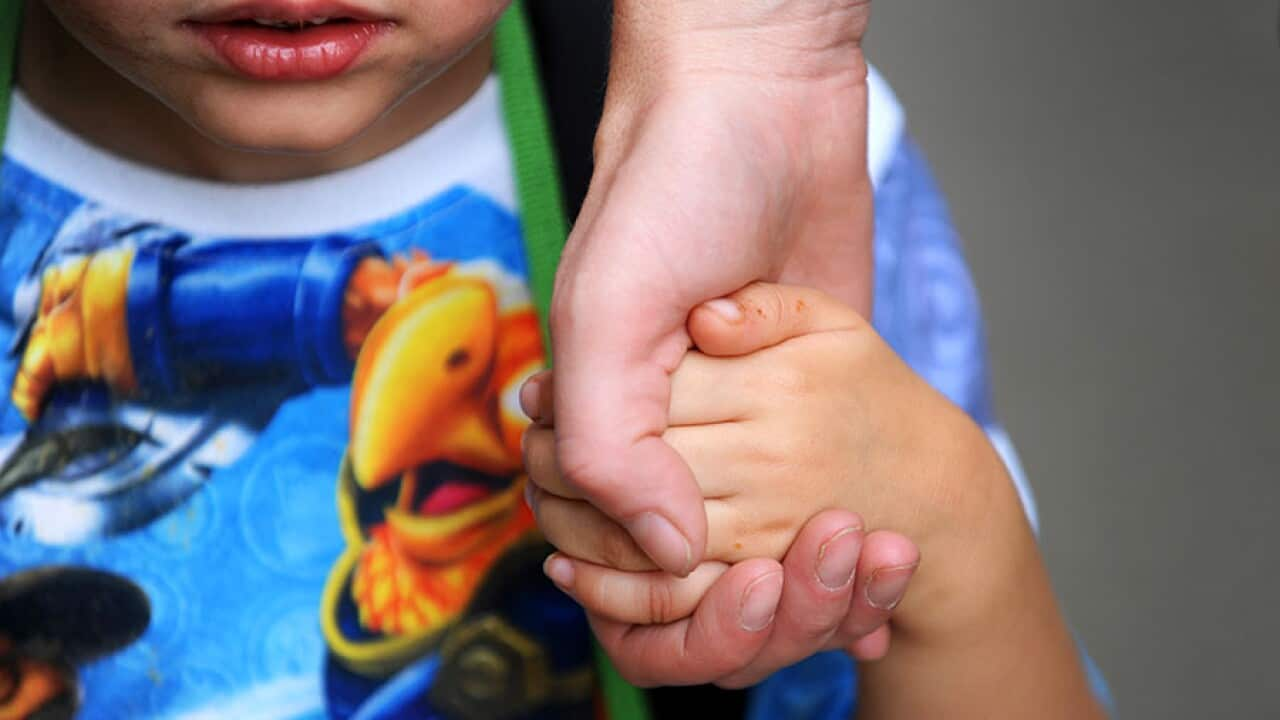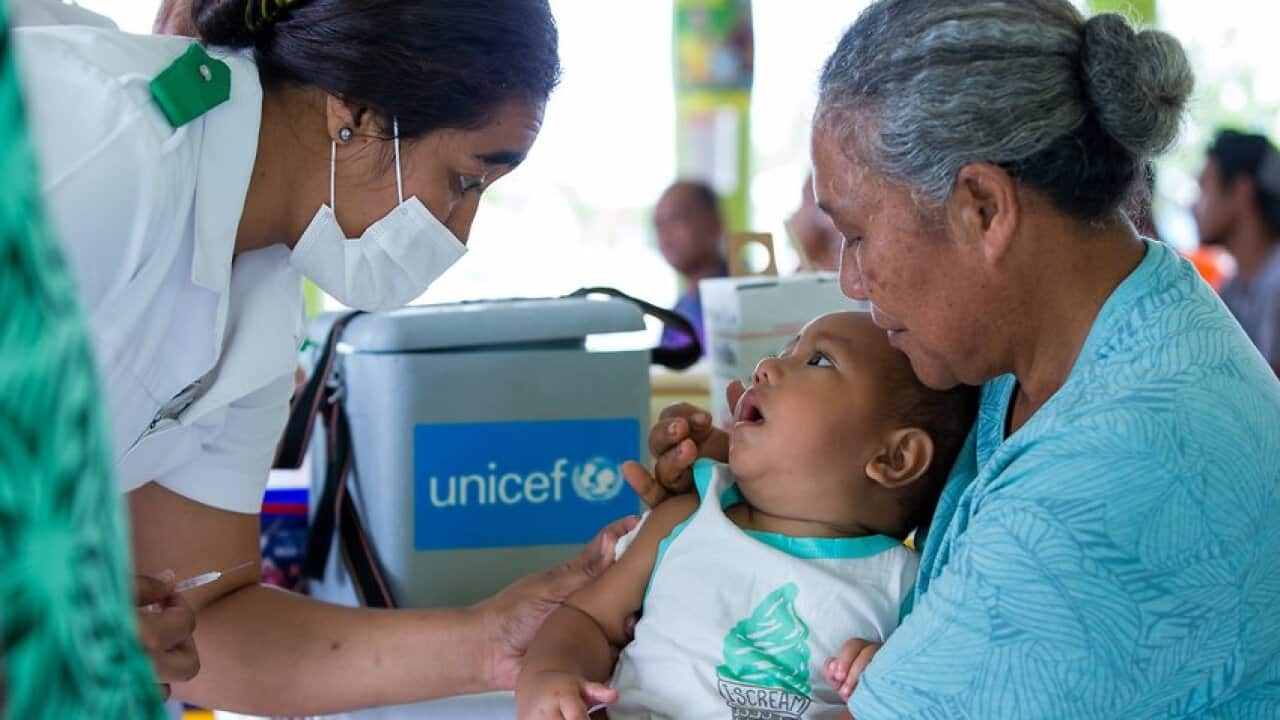Australian schools should reopen as soon as possible to avoid further entrenching disadvantaged children in poverty, UNICEF Australia boss Tony Stuart says.
Mr Stuart says school lockdown measures disadvantage children who don't have a laptop, tablet, or reliable internet connection, those who live in poverty and those whose parents can't manage home schooling as well as their jobs.
"When we think of children in crisis, we often think of children beyond our shores, in conflict or famine, where children's agencies such as UNICEF are working with the most vulnerable," the head of UNICEF Australia wrote in an opinion piece in The Courier-Mail on Wednesday.
"But the COVID-19 crisis is on our doorstep and children, especially those who are already vulnerable, are feeling it the most in their learning and lack of connection outside their home."
Mr Stuart says not only will private school students have more learning days than public school students, but children from low socio-economic groups with complex learning needs could miss more than six weeks of numeracy and four weeks of literacy over two terms.
He also pointed out that domestic violence reports had risen since the start of the lockdowns, and called on governments not to delay the reopening of schools.
"Australia has rightly been laser focused and successful in suppressing COVID-19 from our communities, but success must also include the educational and social wellbeing of our children," Mr Stuart wrote.
"When health experts, parents and children tell us it is in their best interest to be back in the classroom we have to listen.
"Otherwise, in the aftermath of this pandemic, we may be asking ourselves what else we could have done and whether our children were the hidden victims."
People in Australia must stay at least 1.5 metres away from others. Check your state’s restrictions on gathering limits.
Testing for coronavirus is now widely available across Australia. If you are experiencing cold or flu symptoms, arrange a test by calling your doctor or contact the Coronavirus Health Information Hotline on 1800 020 080.
The federal government's coronavirus tracing app COVIDSafe is available for download from your phone's app store.
SBS is committed to informing Australia’s diverse communities about the latest COVID-19 developments. News and information is available in 63 languages at .


